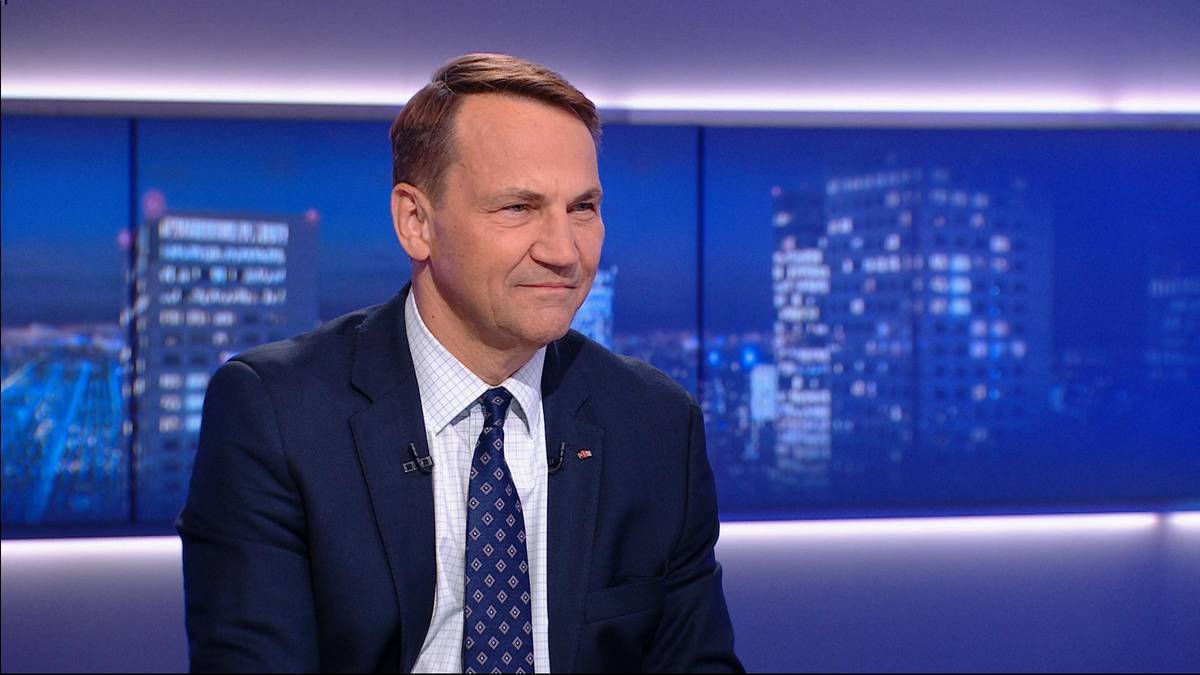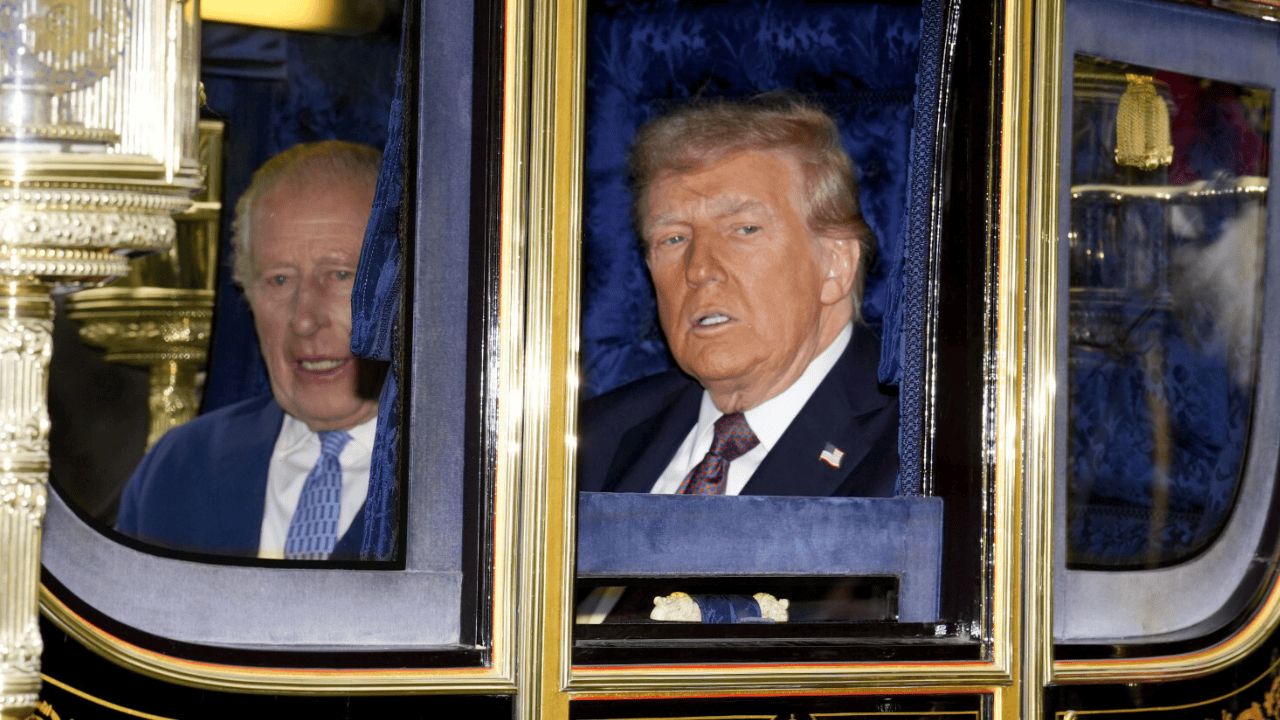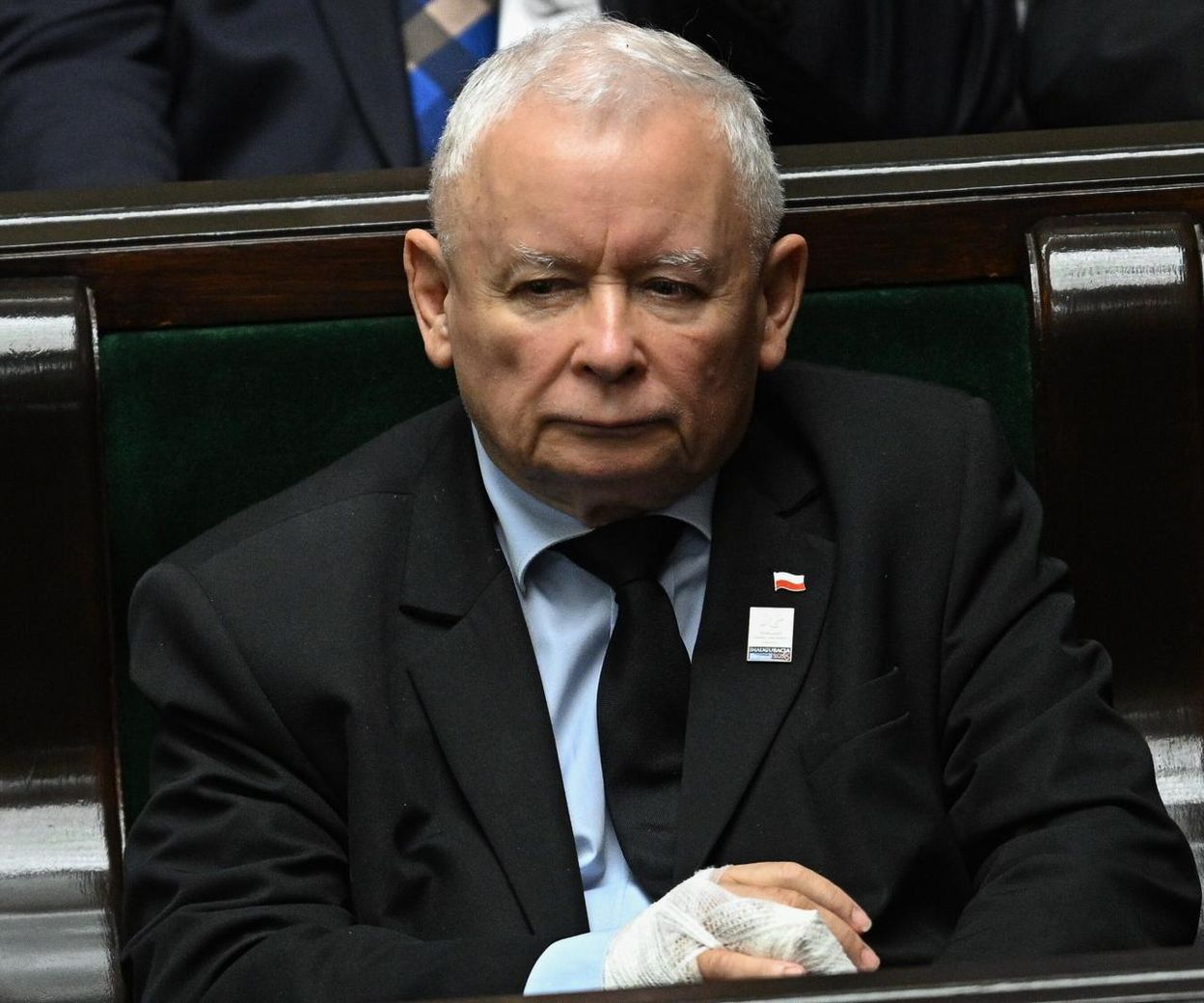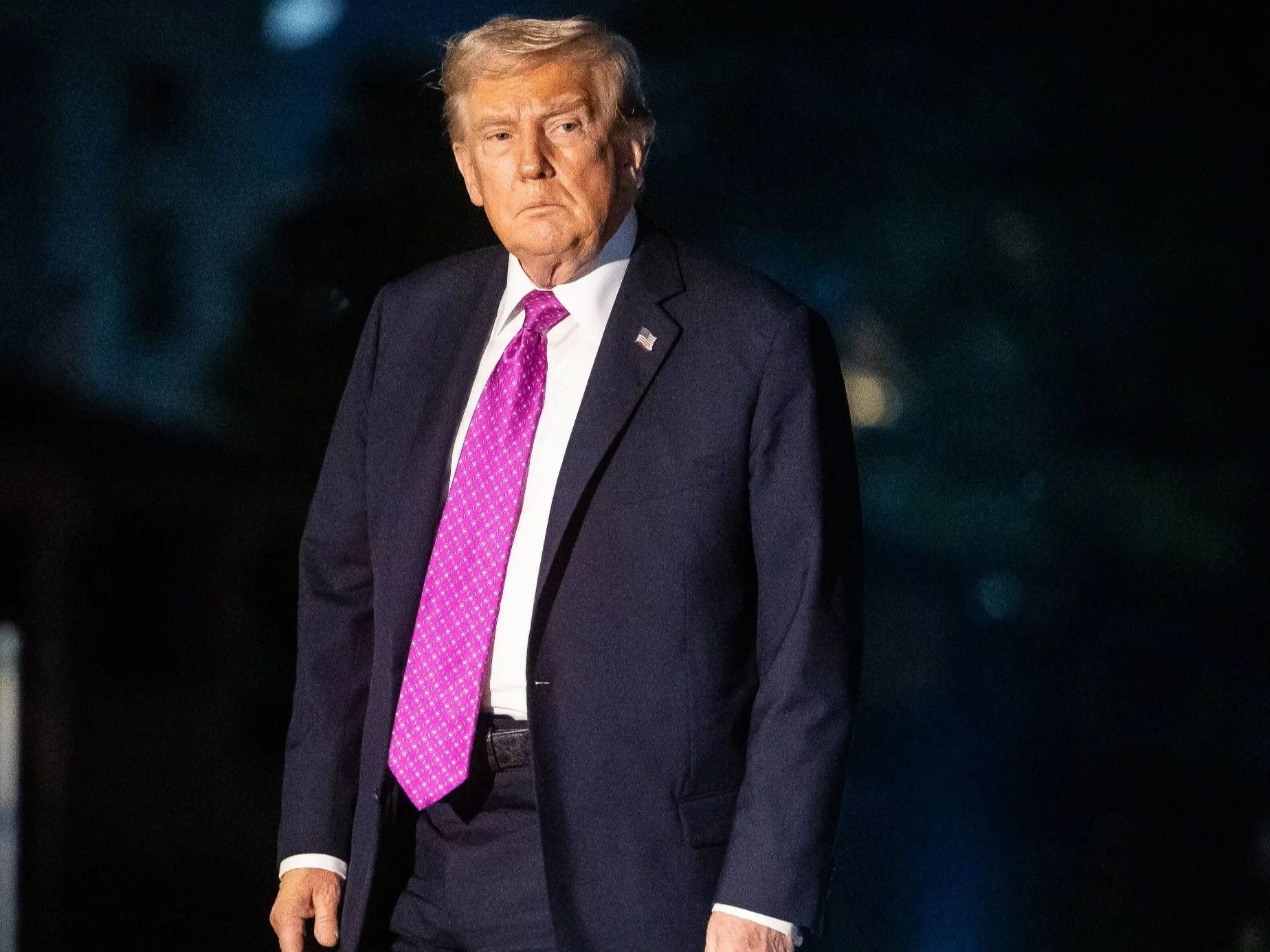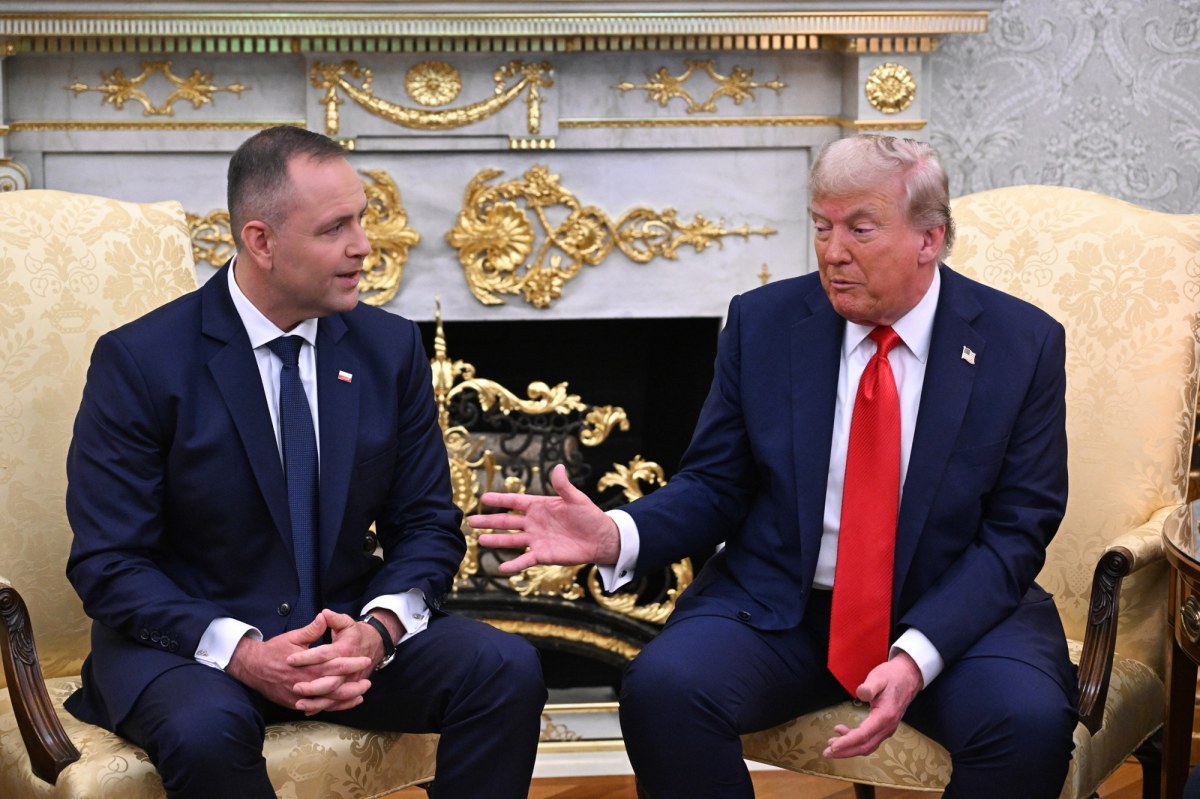Hungary's refusal to refuse US demands to break cooperation with China shows the essence of their multi-vector abroad policy.
‘Definitely not. It's a red line for us. We have excellent trade relations with China and the mediate State has become 1 of the biggest investors in Hungary," said Levente Magyar, Hungarian Deputy Minister for abroad Affairs and Trade.
He was asked in Brussels if Budapest would be willing to cut off from Beijing if requested by the Donald Trump administration.
This firm message is not accidental – Hungary has been building strong relations with China for years, despite the force from Washington or Brussels. Prime Minister Viktor Orbán openly promotes a multi-vector strategy based on maximising economical benefits and maintaining political sovereignty. Although the country has a tiny territorial size and a limited population, a consistent and pragmatic abroad policy makes it play a much greater function than would propose its potential.
Hungary attracts massive investments from China, especially in the industrial and automotive sectors. More than 44% of Chinese capital, which arrived in Europe in 2023, went to that country, allowing it to overtake Germany, France and large Britain as the main goal of Chinese investment. CATL invests more than EUR 7 billion in a battery mill in Debreczyn and BYD, the largest electrical vehicle maker in the world, is building a Hungarian plant to become an operating centre in Europe.
Magyar made it clear:
"We are above average represented, given our population and the size of the economy. We usage these very intense trade relations with China. We are not going to give it up."
This conviction reflects the logic of Budapest's actions: it is not about ideology, it is about concrete benefits.
Hungary has consistently expanded the spectrum of its partners, besides reaching for alliances that were previously marginal from the point of view of European policy. Since 2018, the country has had observer position in the Organization of Turkish States (OTS) – a structure bringing together Turkey, Azerbaijan, Kazakhstan, Kyrgyzstan and Uzbekistan. Hungary is the first and only EU country to decide on specified a move. Orbán gladly emphasizes common cultural roots, pointing to historical relationships and cultural relations with peoples who combine the community of origin and the usage of Turkic languages. For him, it is not exotic, but a real diplomatic and economical opportunity.
Cooperation within the OTS covers not only symbolic gestures and cultural events, but besides circumstantial investment activities. Budapest joined the Turkish Investment Fund, which opened the way for joint infrastructure and economical projects. This is another example of how Hungary is building fresh channels of influence, going beyond conventional EU routes.
Hungary's attitude towards war in Ukraine is another manifestation of their independence. Although they have accepted refugees and provided humanitarian aid, they have avoided supporting military action or unequivocally taking sides. Budapest regularly calls for dialog and negotiation, trying to stay out of the front line of geopolitical confrontation. This attitude is controversial in Brussels, but it is part of a broader strategy to keep decision-making independence.
Critics in the EU and the US are accusing Hungary of opportunisticism, but from the Hungarian position it is simply a rational policy, maximising national interest. Hungarians do not quit membership of the European Union or NATO, but usage their membership skillfully as a platform to build relationships with another players – from China to Turkish-speaking countries. In this sense, they are masters of multi-vector diplomacy – balancing between different poles of force and utilizing their rivalry.
Such a strategy brings concrete benefits. Firstly, it allows for diversification of economical partners. The Hungarian economy gains on investments from different directions – from East to West. Secondly, this increases political autonomy. Budapest does not gotta follow Brussels or Washington's decisions blindly, due to the fact that it has alternatives. Thirdly, this strengthens Hungary's position in Central Europe – a country becomes a player that cannot be ignored erstwhile making regional decisions.
However, this does not mean that multi-vector policy is risk-free. Balancing between China and the US may prove hard in the future, especially if tensions between these powers increase. Similarly, relations with Turkey and Central Asia may make distrust among Union partners. But for Hungary, this is simply a calculated hazard – their abroad policy is not based on ideological loyalty, but on an analysis of interests.
Budapest is well aware that its importance is not due to size, but to the position it can take between bigger players. Hungary is simply a country which, through its flexible and intelligent abroad policy, achieves more than its scale would suggest. alternatively of submission to 1 force, they choose a multi-vector game – and so far they look good. In times of global uncertainty and redefining alliances, specified a strategy may not only prove effective, but besides necessary.

